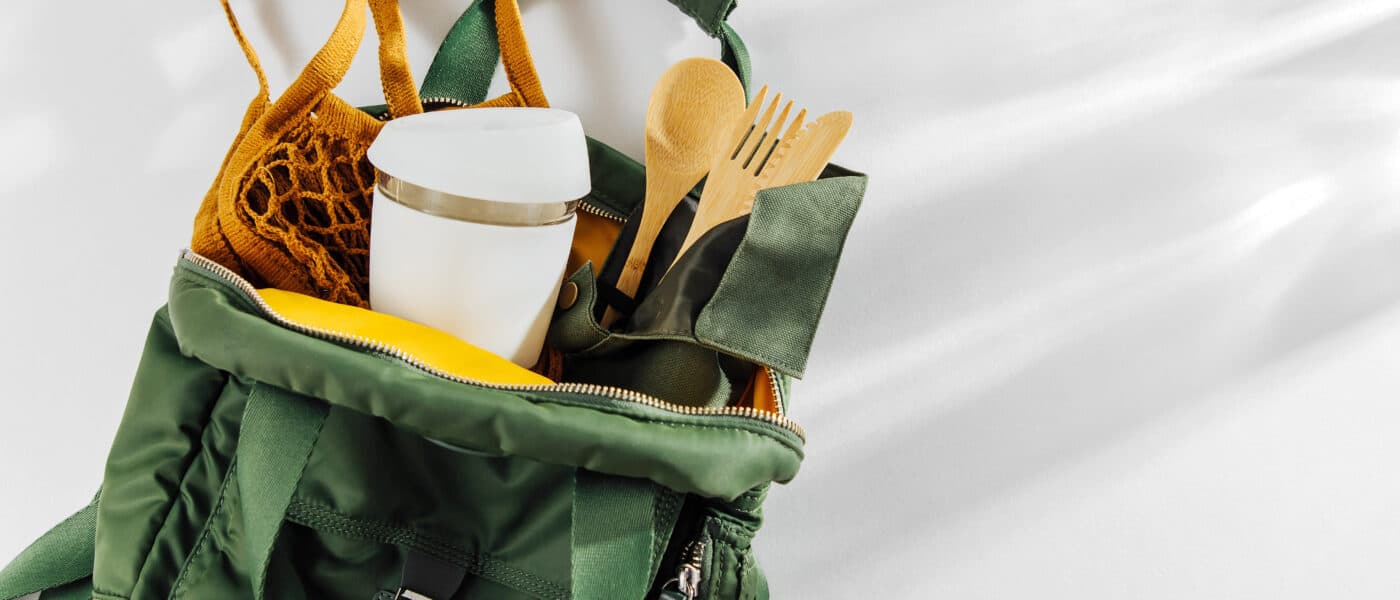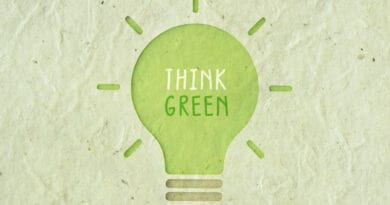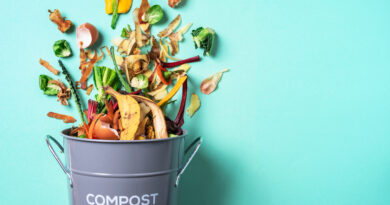Skip single-use on the go: Bring these reusables along with you!
These days, we encounter all kinds of single-use items while on the go. Whether it’s plastic grocery bags, water bottles, straws, disposable cups, or plastic utensils… it can be hard to avoid them if we aren’t prepared!
Back when single-use plastics and other disposables were first invented, their purpose was to make our lives easier.
But today, we are much more aware of the enormous toll these “use-and-toss” products take on our planet. They use up resources, cause pollution, contribute to climate change, and create massive amounts of waste. Many single-use items cannot be easily recycled… if they can even be recycled at all. So, most get tossed in the garbage or end up in the environment as litter after just one quick use. Unimaginable amounts of single-use plastics find their way into the ocean, threatening the health and safety of birds, mammals, and other marine life. Over time, plastic drifting around in the environment can break down into smaller and smaller pieces, eventually forming microplastics. These tiny plastic fragments have found their way all around the environment, and there’s a lot we don’t yet know and understand about their effects on humans and the natural world.
Single-use plastics are a global environmental problem
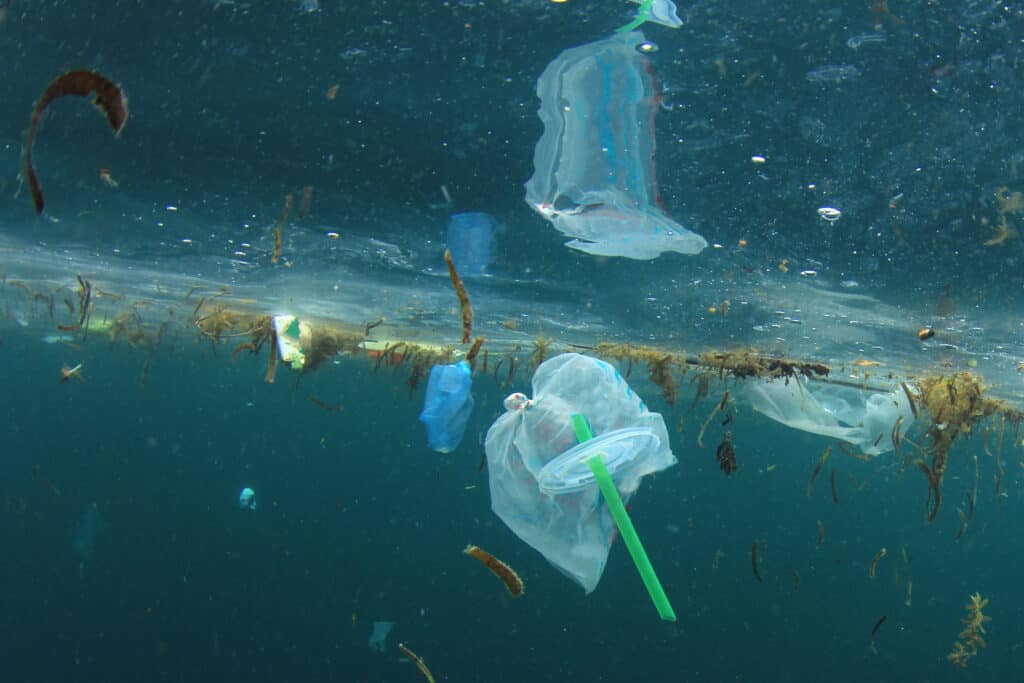
So, what can we as individuals do to help?
While picking up litter is always a great way to help protect our environment, we can all do our part to address this problem by avoiding wasteful disposable items in the first place as much as possible.
This could seem challenging, considering the number of single-use plastic items handed out in grocery stores, coffee shops, and restaurants today. But shrinking our plastic footprint can be much simpler than we think. All it takes is a little conscious effort and planning!
The power of reusables
Whether heading out for a few hours or going on vacation, leaving prepared with a few reusable essentials enables you to bypass all kinds of wasteful single-use items that might otherwise come your way. This Earth-friendly routine can take some dedication and practice until it becomes a regular habit. But once you get the hang of it, you’ll quickly see the difference this little habit makes. Disposables you once might have used out of habit and convenience suddenly won’t be necessary, and you won’t find yourself throwing so much away.
Looking for new ways to reduce your plastic footprint and overall waste?
Read on to learn about some essential reusables that can help you dodge the disposables the next time you’re out and about!
1. Reusable shopping bags and produce bags
Avoid taking home all those single-use plastic bags after each shopping trip by bringing your own reusable shopping bags and produce bags every time you head out the door. These handy reusable totes can go along with you anywhere you need a bag—not just the grocery store! Don’t have reusable bags yet? You can often find them right near the checkout counter.
Eco Tip: Keep your reusable bags by your door or in your car to help you remember and be more prepared whenever you might need them!
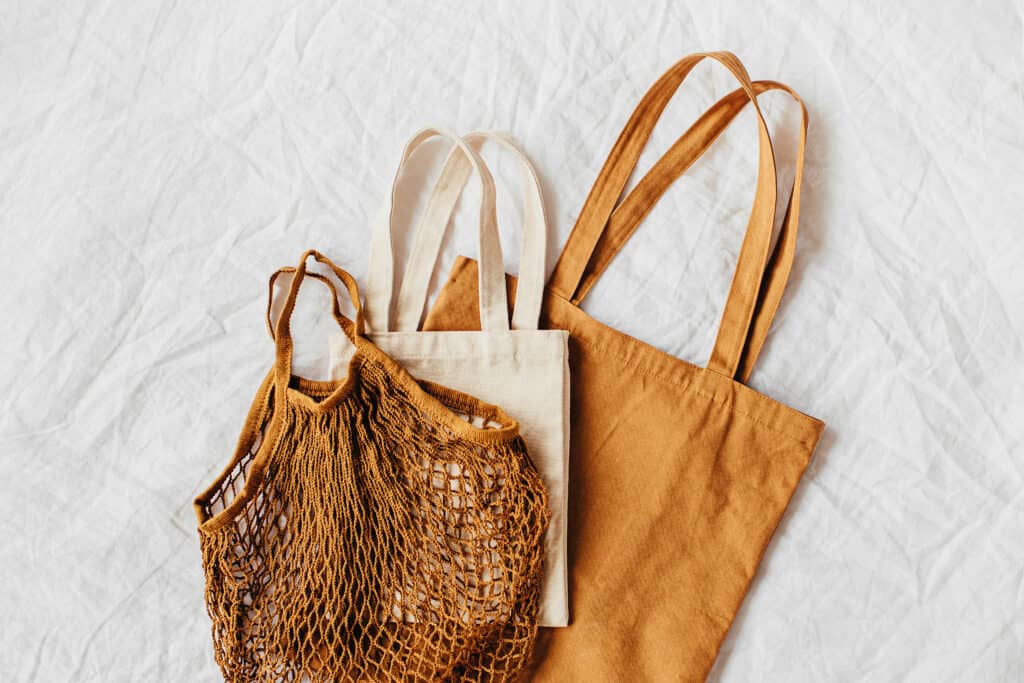
Did you know?
-Plastic bags drifting around in the ocean are easily mistaken for food by marine animals. They are considered one of the deadliest forms of marine litter, next to abandoned fishing gear.
-Plastic grocery bags were the 5th most common form of marine litter found during the latest International Coastal Cleanup.
Eco-Tip: Although plastic bags can be recycled in some areas, avoiding them whenever possible is a much more eco-friendly option!
2. Reusable water bottle
Instead of buying cases of water in single-use plastic bottles, keep a reusable bottle handy and fill it throughout the day! This simple eco-friendly habit can save you money and lots of plastic.
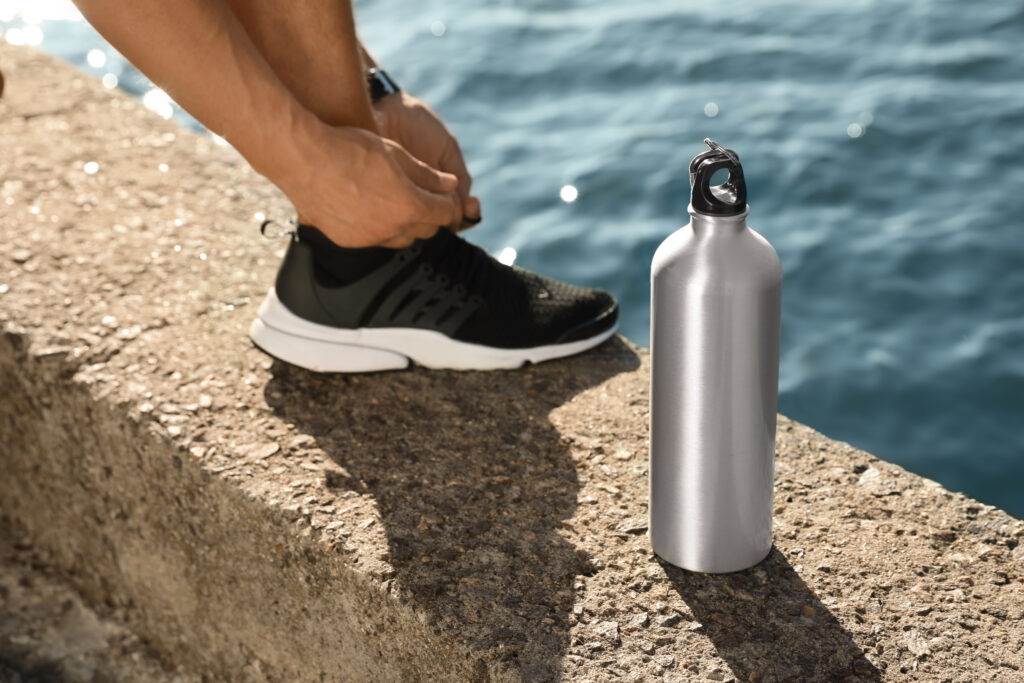
Did you know?
-According to the latest figures published by the EPA, only around 30% of plastic bottles are recycled in the U.S. The rest are buried in landfills, burned in incinerators, or litter Earth’s land and waterways.
-Plastic bottles were the second most common item found during the last International Coastal Cleanup, followed closely by plastic bottle caps at #3.
-Even when plastic bottles are recycled, most are downcycled into other kinds of products instead of new bottles. So, while recycling plastic bottles is much more eco-friendly than just throwing them away, the amount of plastic created to make new single-use bottles keeps climbing. More plastic means more pollution, resources, waste, and litter!
3. Reusable coffee or drink cup
Do you often buy coffee or other fountain drinks in disposable cups while out and about? You can avoid using those wasteful single-use cups and lids by bringing your reusable mug or cup (or both!) from home. Many coffee shops now encourage customers to use their own cups by offering a small discount.
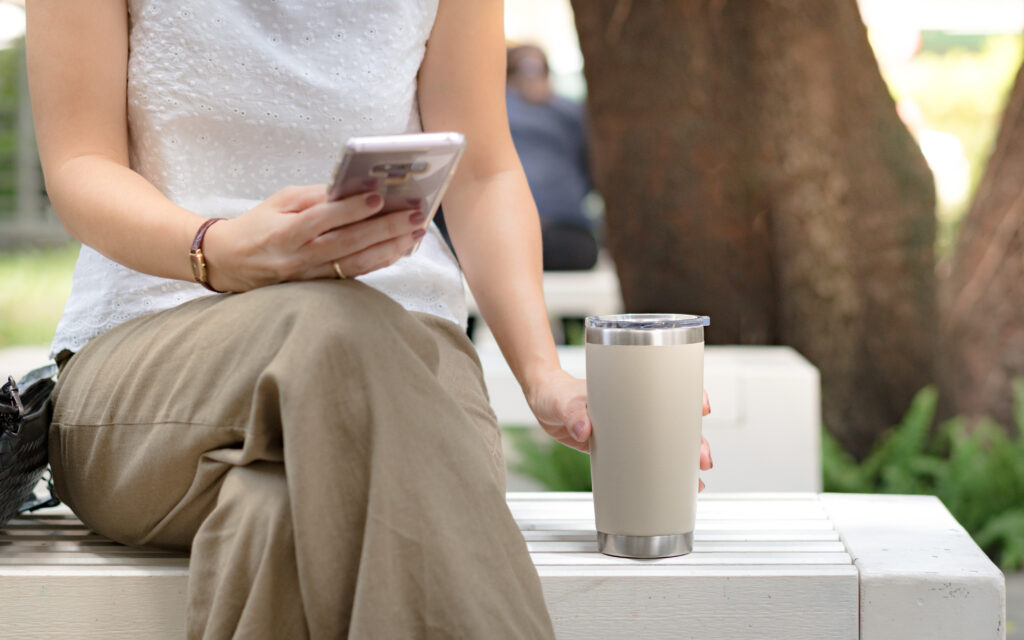
Did you know?
-Americans use an estimated 120 billion disposable foam, paper, and plastic cups annually. This habit uses up resources and creates a lot of (often avoidable) waste! Replacing just one disposable cup with a reusable cup or mug once a day for a year can have a huge impact. Check out this eye-opening infographic to learn more.
4. Reusable straws
If you prefer to use a straw while enjoying drinks away from home, why not skip the single-use plastic (or paper) straw and bring a reusable one instead? These days, you can choose from all kinds of reusable straw options, and some even come with a handy pouch or case for carrying on the go.
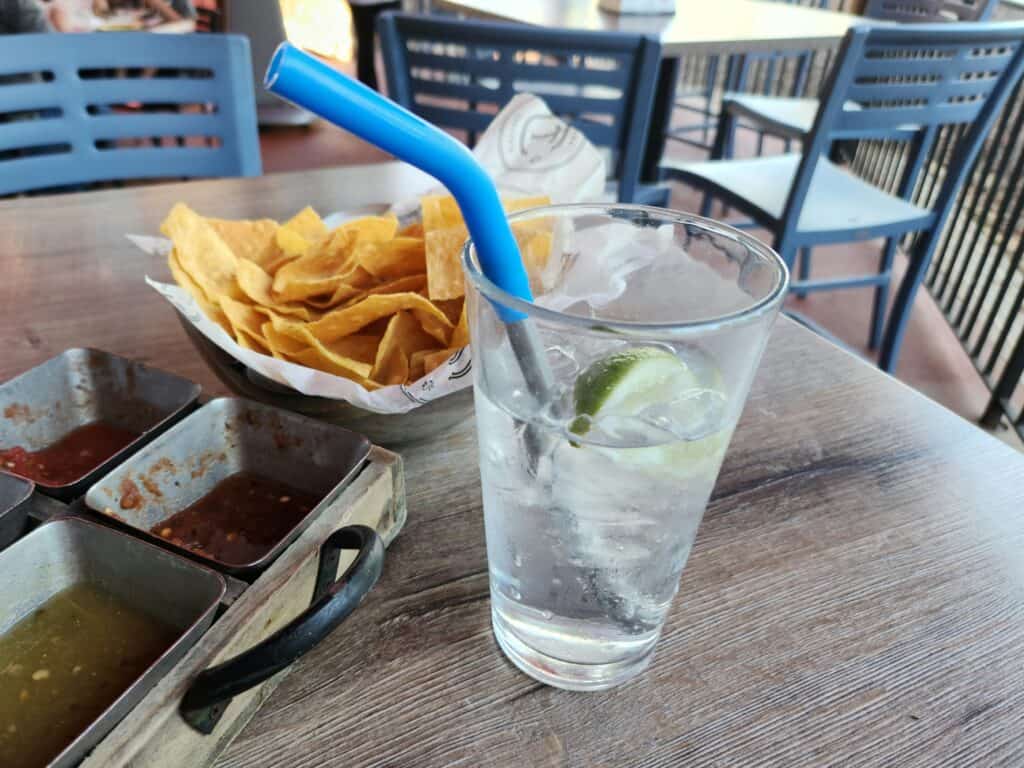
Did you know?
-Americans go through millions of single-use straws every single day. After only a few quick sips, most of these little plastic tubes end up in the garbage… but many also end up on the loose in the environment as litter.
-Their small size makes them especially harmful to wildlife, including sea turtles, fish, birds, and other marine life. Straws and stirrers were the 9th most common type of ocean trash found during the most recent International Coastal Cleanup.
Get Involved! Learn more about the Ocean Conservancy’s Skip the Straw campaign and take the pledge to say “No thank you” to plastic straws!
5. Reusable utensils
There is no need for wasteful single-use plastic utensils while eating on the go when you have your own set handy! By keeping a few extra sets in your car and/or at work, you’ll be ready whenever you need them.
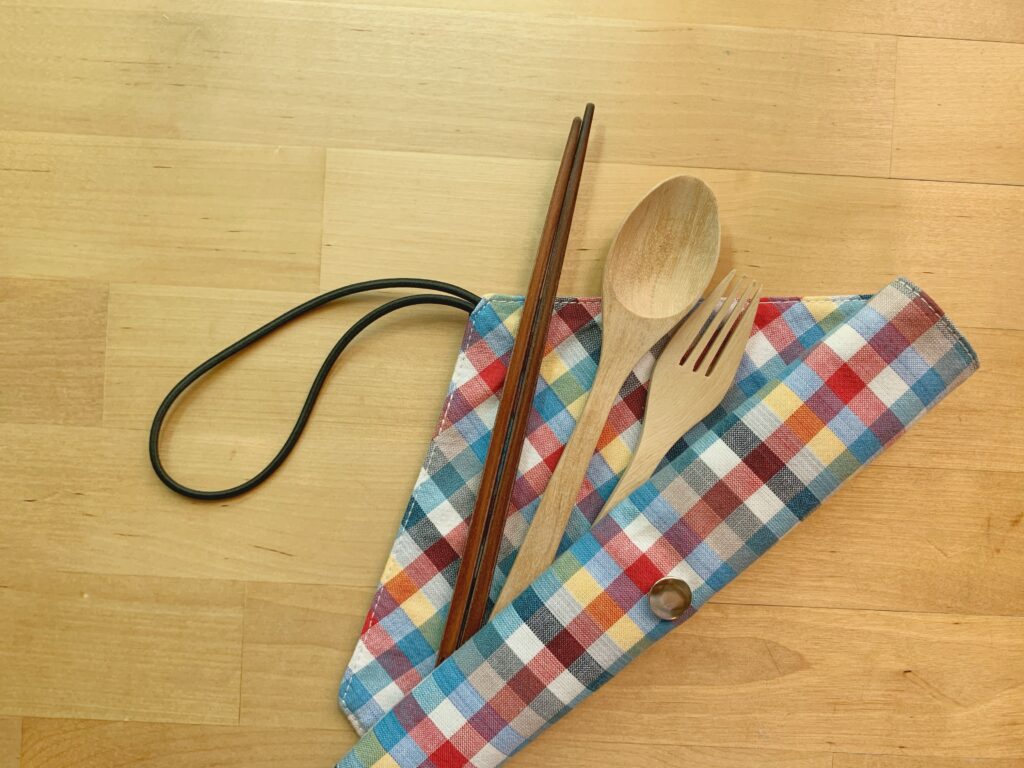
Did you know?
-Their mass production began in the 1950s, and now we use billions of disposable plastic utensils worldwide each year.
-Along with plastic bags, plastic utensils have become one of the most dangerous forms of single-use plastic for marine life.
6. Reusable containers
Do you often have leftovers when you dine out? Take them home in a container from home! By keeping a clean container or two ready in your car, you can easily avoid those bulky foam and plastic single-use containers often given out at restaurants.
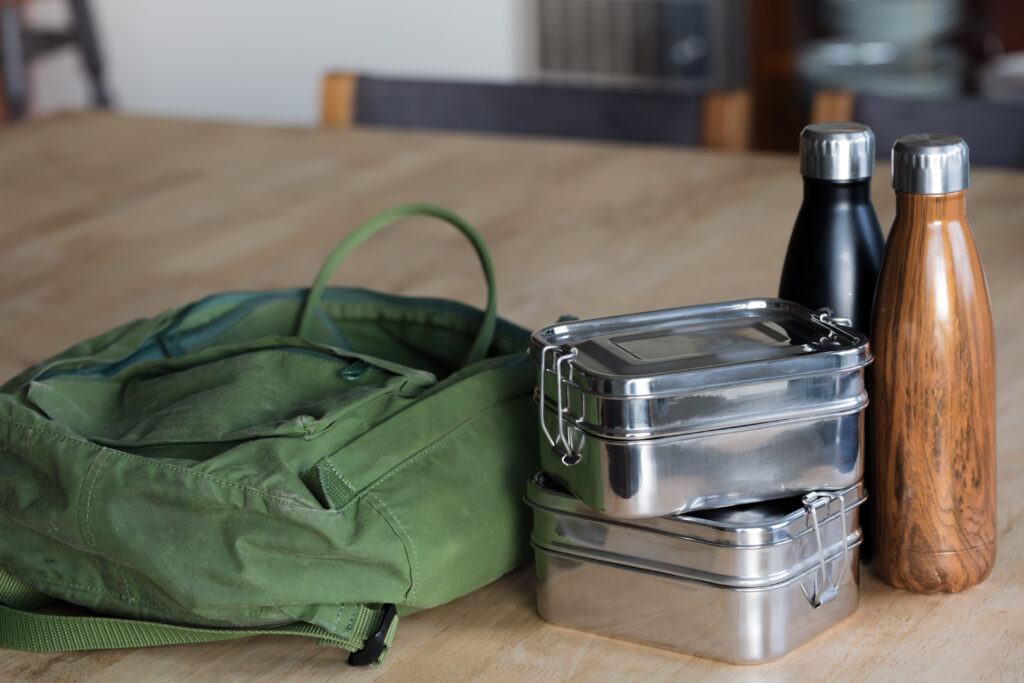
Did you know?
-Like many single-use plastic items, foam and plastic takeaway containers typically can’t be recycled through curbside recycling programs. So, they are usually dumped into landfills or become litter.
-Polystyrene (a.k.a. Styrofoam) containers are especially harmful to our planet. This lightweight material easily breaks into fragments and creates a huge mess when it ends up out on the loose in the environment. Many places around the U.S. have taken the initiative to reduce the use of polystyrene through bans—and have seen successful results!
Join the movement! Challenge yourself to make these reusable essentials a part of your everyday routine.
Incorporating these and other reusables into your daily routine lets you easily dodge single-use items that might otherwise cross your path during the day. Over time, these small, eco-conscious actions can really add up! Each single-use item you avoid makes a difference in shrinking your environmental footprint and helps to protect our planet.
Help spread the word! Share your favorite reusables, sustainable swaps, and success stories with others on social media, and tag #goinggreenertoday
Check out these other posts:
The quick start guide to Going Greener: Reduce your footprint today!
Curious about composting? Details, options, and how to get started!
Explore and Learn More:
Single-Use Plastics 101 | NRDC (Natural Resources Defense Council)
Plastic Calculator | Earthday.org
Our planet is choking on plastic | UN Environment Programme
Fighting for Trash Free Seas: Plastics in the Ocean | The Ocean Conservancy

